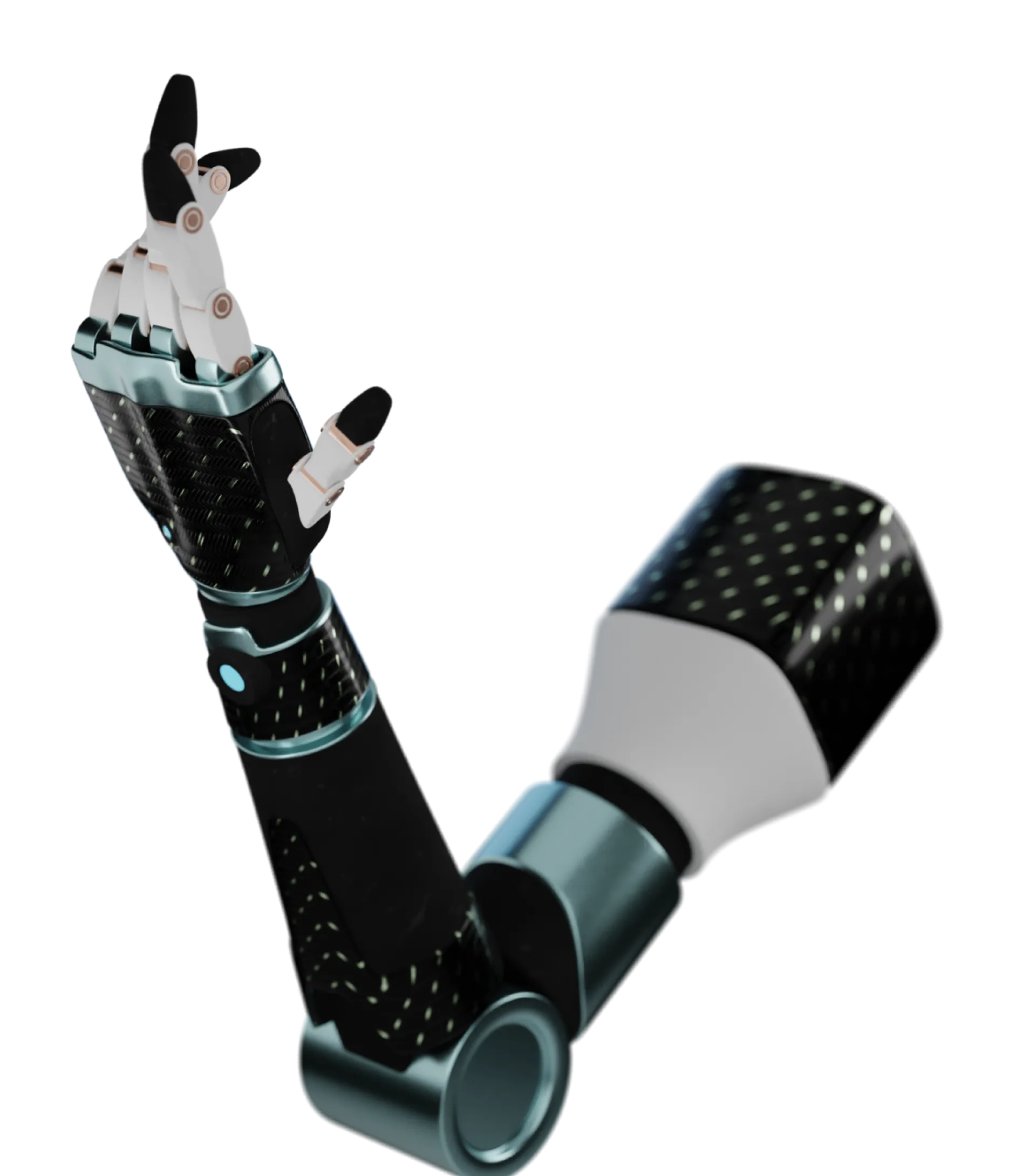Prosthetist Clinical Services
Orthotist Training
We stick to solid policies on training and provide our prosthetists with the best tools to develop their knowledge and skills non-stop. We have gathered a team who work closely with all our clinicians to organize and deliver appropriate training, allowing for a deeper awareness of the latest product and industry developments.
We aim to set and maintain a working atmosphere that is challenging and rewarding, encouraging our employees to go above and beyond their roles through initiative and innovation. That is a way to maximize our client's efficiency and help them return to full-scale life.
Prosthetic Therapy and Training
Our on-site therapists work with limb loss patients to support the fitting process, provide training relevant to each person’s goals and needs, and help them smoothly shift into life as independent prosthesis users.
Therapy services are integrated directly into the fitting process and stick to a phased approach in order to maximize each patient’s rehabilitation potential. Four key phases to prosthetic therapy and training include perioperative, pre-prosthetic, prosthetic training, and advanced training.
Pre-Prosthetic Phase
Pre-prosthetic training aims at preparing the patient for wearing a prosthesis painlessly and using it effectively. It can include scar and soft tissue management, focusing on residual limb shaping, developing upper limb strength, and training muscles with biofeedback software. Verbal instruction, careful treatment, and plenty of practice teach the patient how to isolate and contract muscles in the residual limb to control the prosthesis. Therapists also educate patients about reducing some of the long-term problems associated with limb loss, such as overuse injuries on the uninjured side, scoliosis, injuries on the prosthetic side that stem from poor body mechanics, and generalized back and neck pain.
Continuing Education
Prosthetic training is a stage at which the patient learns how to use and incorporate the prosthesis into their daily life and how to avoid potentially damaging or harmful situations. Prosthetic training consists of three main phases: controls training, repetitive drills, and bimanual functional skill training.

let’s
partner up
We are open to diverse types of collaboration with the
aim of pushing prosthetics use to a new, better level.